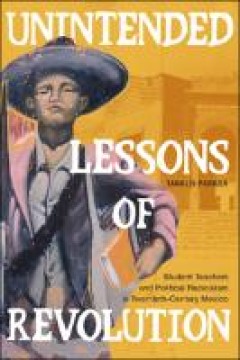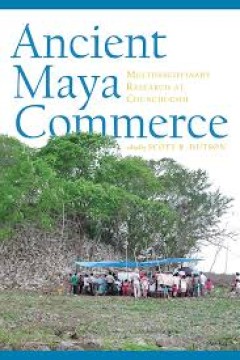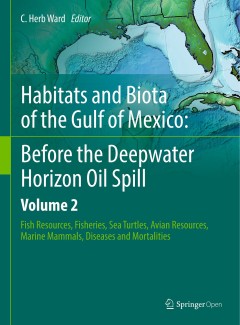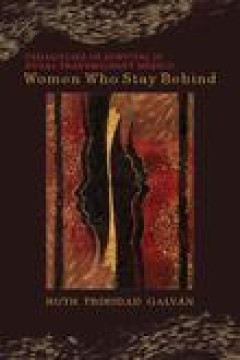Filter by

Unintended lessons of revolution : student teachers and political radicalism …
Tanalís Padilla traces the history of the normales rurales—rural schools in Mexico that trained campesino teachers—and outlines how despite being intended to foster a modern, patriotic citizenry, they became sites of radical politics.
- Edition
- 4
- ISBN/ISSN
- 9781478022084
- Collation
- ix, 371 p. : ill.
- Series Title
- -
- Call Number
- 370.91734 PAD u

Ancient Maya commerce: multidisciplinary research at Chunchucmil
Nearly two decades of research at Chunchucmil, Yucatan, Mexico documented a thriving city of 40,000 people without the powerful kings and massive temples seen at other Maya centers. What brought people to this area, the driest in the Maya world, and how did they survive? Ancient Maya Commerce provides a pioneering study in economic anthropology, making the strongest case yet that ancient Maya e…
- Edition
- -
- ISBN/ISSN
- 9781607325550
- Collation
- xix, 376 pages : ill, maps ; 24 cm
- Series Title
- -
- Call Number
- 972.6 ANC a

Habitats and biota of the Gulf of Mexico : before the Deepwater Horizon oil s…
The Gulf of Mexico is an open and dynamic marine ecosystem rich in natural resources but heavily impacted by human activities, including agricultural, industrial, commercial and coastal development. Nutrients and pollutants from coastal communities and dozens of rivers flow into the Gulf, including material from the Mississippi River watershed, which drains over one third of continental United …
- Edition
- -
- ISBN/ISSN
- 9781493934560
- Collation
- xlv, 1757p. : ill.
- Series Title
- -
- Call Number
- 577.7364 HAB h

Women who stay behind
Women Who Stay Behind examines the social, educational, and cultural resources rural Mexican women employ to creatively survive the conditions created by the migration of loved ones. Using narrative, research, and theory, Ruth Trinidad Galván presents a hopeful picture of what is traditionally viewed as the abject circumstances of poor and working-class people in Mexico who are forced to migra…
- Edition
- -
- ISBN/ISSN
- 9780816531455
- Collation
- xv, 173 p.; 22 cm.
- Series Title
- -
- Call Number
- 305.40972 TRI w
 Computer Science, Information & General Works
Computer Science, Information & General Works  Philosophy & Psychology
Philosophy & Psychology  Religion
Religion  Social Sciences
Social Sciences  Language
Language  Pure Science
Pure Science  Applied Sciences
Applied Sciences  Art & Recreation
Art & Recreation  Literature
Literature  History & Geography
History & Geography